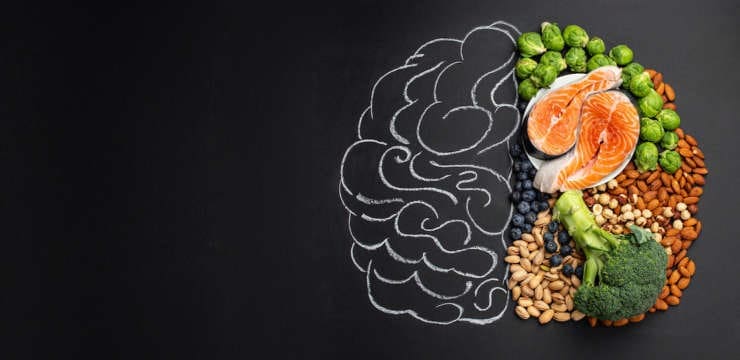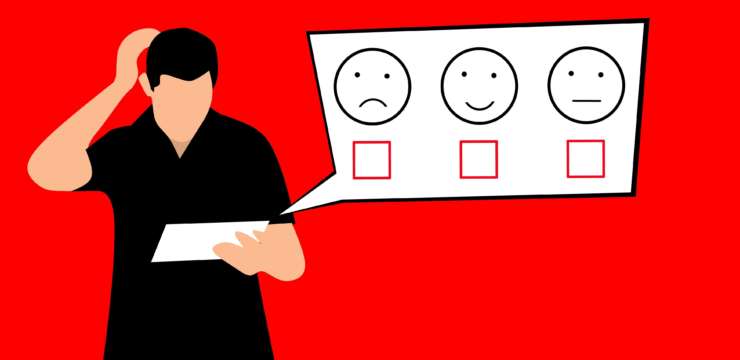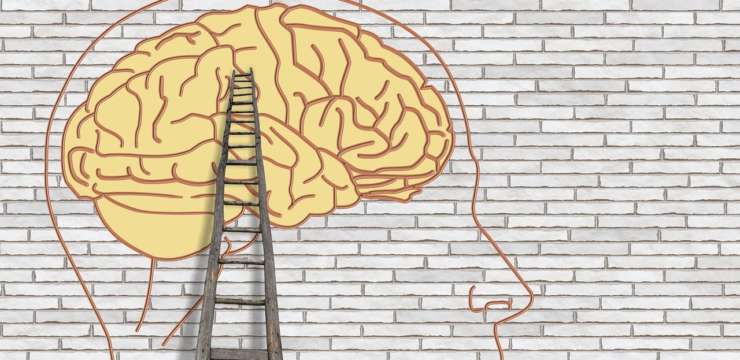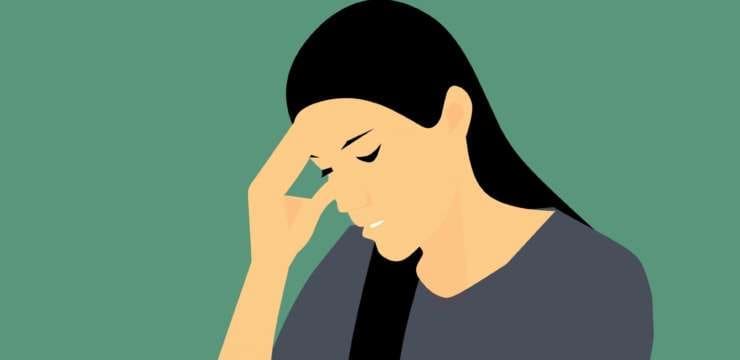Effective Ways to Alleviate Stress: A Complete Guide to Cortisol Detox Stress is a part of life for many people. It can come from work,…
Auto Injuries Back Pain Chiropractic Chiropractic Examination Chronic Back Pain Chronic Pain Depression Headaches & Treatments Health Inflammation Lawyers Massage Massage Med-Legal Corner Mental Health Migraine Treatments Neck Pain Neck Pain In El Paso Personal Injury Professionals Screening Tests Sleep Hygiene Spinal Decompression Spine Care Stress Treatments Work Injuries
February 3, 2026
37Views 0Reactions 0Comments
Auto Injuries Back Pain Chiropractic Chiropractic Examination Chronic Back Pain Chronic Pain Depression Headaches & Treatments Health Inflammation Lawyers Massage Massage Med-Legal Corner Mental Health Migraine Treatments Neck Pain Neck Pain In El Paso Personal Injury Professionals Screening Tests Sleep Hygiene Spinal Decompression Spine Care Stress Treatments Work Injuries
February 3, 2026
37Views 0Reactions 0Comments
Effective Ways to Alleviate Stress with Chiropractic Care
Auto Injuries Back Pain Chiropractic Chiropractic Examination Chronic Back Pain Chronic Pain Depression Headaches & Treatments Health Inflammation Lawyers Massage Massage Med-Legal Corner Mental Health Migraine Treatments Neck Pain Neck Pain In El Paso Personal Injury Professionals Screening Tests Sleep Hygiene Spinal Decompression Spine Care Stress Treatments Work Injuries
February 3, 2026
37Views 0Reactions 0Comments
Auto Injuries Back Pain Chiropractic Chiropractic Examination Chronic Back Pain Chronic Pain Depression Headaches & Treatments Health Inflammation Lawyers Massage Massage Med-Legal Corner Mental Health Migraine Treatments Neck Pain Neck Pain In El Paso Personal Injury Professionals Screening Tests Sleep Hygiene Spinal Decompression Spine Care Stress Treatments Work Injuries
February 3, 2026
37Views 0Reactions 0Comments










